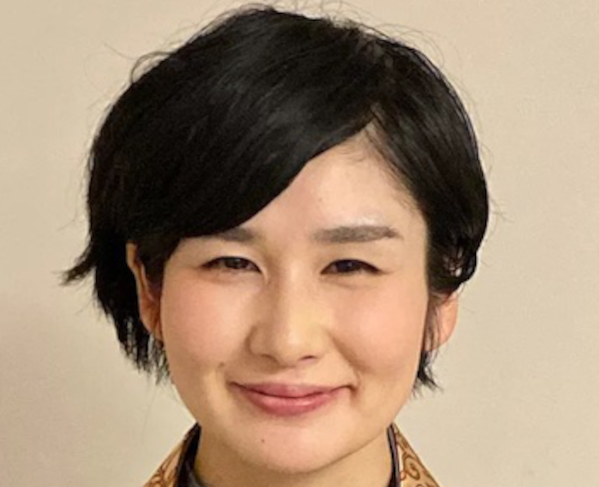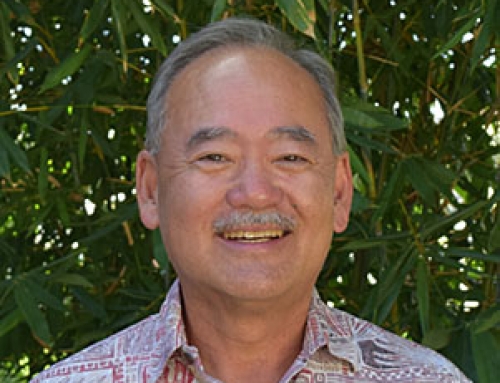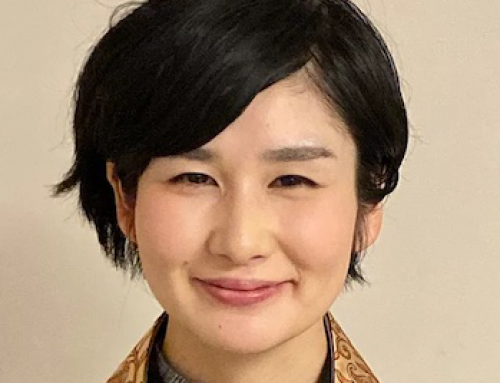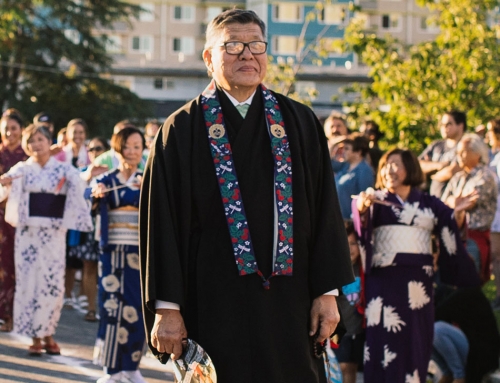The world’s population continues to grow every year, reaching approximately 8 billion as of 2022. According to statistics released by the United Nations, the world population will reach about 8.5 billion in 2030, seven years from now. The problem will be food shortages. The population growth is mainly in developing countries in Asia and Africa. Many of these countries have poverty problems, making it difficult to secure enough food for their growing populations. In addition, when stable food supplies are disrupted due to climate change or conflict, it is often the poorer countries that suffer the most. We need to find new clues to ensure sufficient food supply for further population growth. In fact, “entomophagy” is now gaining attention as a way to find new clues. Until now, meat, fish, and eggs have been the main sources of protein essential to the human body, but the addition of insects is thought to offer hope for solving future food problems.
To be honest, I don’t have much of a problem with the idea of eating insects. However, it is said that originally in the Edo period (1603-1867), eating the meat of wild animals such as pork was abhorrent. People in the Edo period considered pork to be a medicine and even blindfolded their altar to eat it. However, people liked to eat pork even when they were not sick, perhaps because they knew how delicious it was. The day may come when insect food will be on the dinner table like pork was in the Edo period. Confectionery and seasonings made from powdered edible crickets are now on the market, and their market size is gradually expanding. When I was a small child, I once ate tsukudani (food boiled in soy sauce) of locusts, which are the insects seen in the rice paddies. At first, I was a little afraid to eat them, but I remember they were very tasty. However, there are probably more than a few people who are not comfortable eating insects due to their appearance, hygiene, allergies, and other reasons. It may be some time before entomophagy becomes widely accepted.
Whether or not entomophagy becomes popular, we need to reaffirm that human life has been nurtured by the lives of various animals and plants, and that their existence influences each other. Now is the time to question ourselves about our “Itadakimasu” spirit. ( Itadakimasu is a Japanese word to express our gratitude to everything that provides us with food, including the lives sacrificed to sustain our lives and the time and effort of the people who prepare our meals.)




